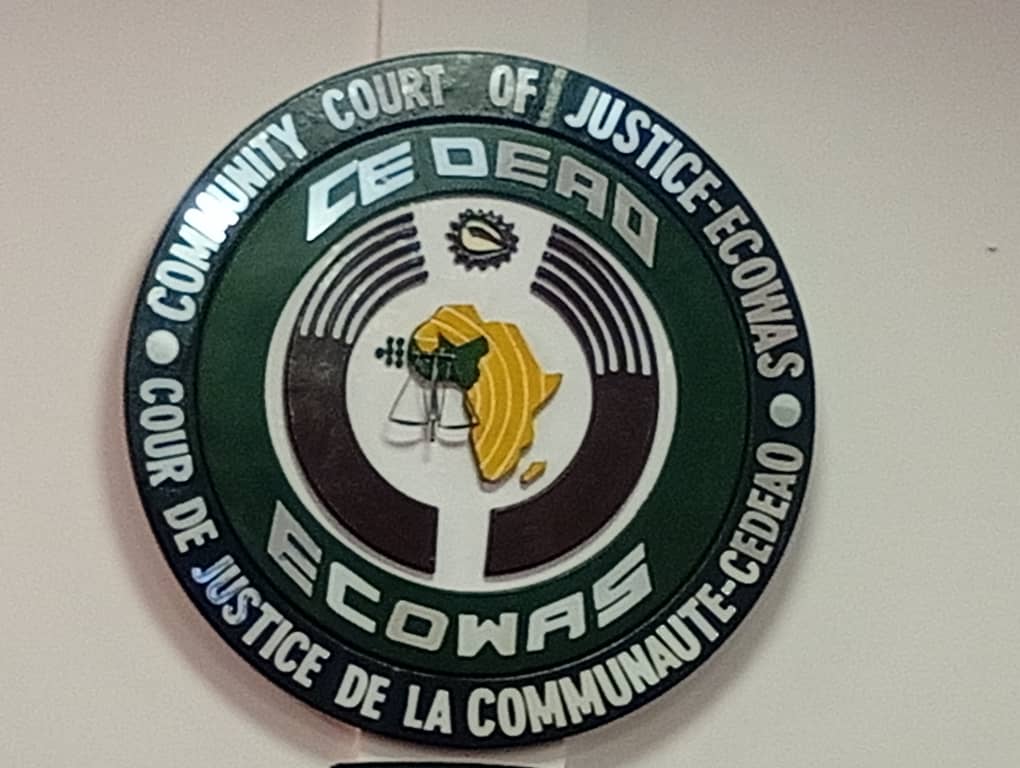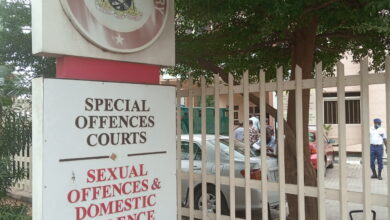
ECOWAS Court Dismisses Case Against Nigeria Over Vagrancy Laws
The ECOWAS Community Court of Justice has dismissed a case filed by the Lawyers Alert Initiative for Protecting the Rights of Children, Women, and Indigent against the Federal Government of Nigeria.
The dismissal was based on a lack of jurisdiction due to the absence of identifiable victims.
This case, identified as Suit No: ECW/CCJ/APP/25/21, marks the Court’s first judgment under the 2020 Practice Direction on Electronic Case Management and Virtual Hearings, a development praised as a significant advancement for regional judicial efficiency.
The applicant, Lawyers Alert Initiative for Protecting the Rights of Children, Women, and Indigent, a non-profit human rights organization based in Makurdi, Benue State, and Abuja sought a declaration from the Court that certain provisions of Nigeria’s Penal Code (1963) and Criminal Code (1961), specifically Sections 401, 405(1)(c), 405, 246, 224, and 250, serve as vagrancy laws that allow for the arbitrary arrest and detention of vulnerable groups, including sex workers.
The organization argued that these laws violate several provisions of the African Charter on Human and Peoples’ Rights, including Articles 2, 3, 5, 6, 7, 10, 12, 18, and 19.
However, in a unanimous decision delivered by Hon. Justice Ricardo Goncalves, Hon. Justice Sengu M. Koroma, and Hon. Justice Edward Asante, the Court held that while it retains jurisdiction over human rights violations in member states under Article 9(4) of its Protocol, the applicant failed to demonstrate that any specific or identifiable individuals had suffered violations under the challenged laws.
The Court remarked, “The application amounts to a generalized and theoretical challenge to national legislation,” emphasizing that its jurisdiction requires a prima facie case of actual human rights violations rather than speculative or abstract claims.
It stated that an “abstract review of national legislation” falls outside its jurisdiction unless directly linked to real-life cases with documented victims.
The applicant’s submission included general statistics and reports about petty offenses in Nigeria for 2022 and 2023.
However, the Court found that these materials lacked sworn affidavits, judicial decisions, or news reports that could identify specific individuals prosecuted or adversely affected by the contested provisions.
Citing precedents such as the Hissène Habré case and other ECOWAS rulings, the Court reiterated that its role is not to provide advisory opinions on national legislation but to adjudicate actual breaches of international human rights obligations.
In its final order, the Court dismissed the case in its entirety, stating it lacked jurisdiction to entertain the matter. Both parties were directed to bear their own costs.







